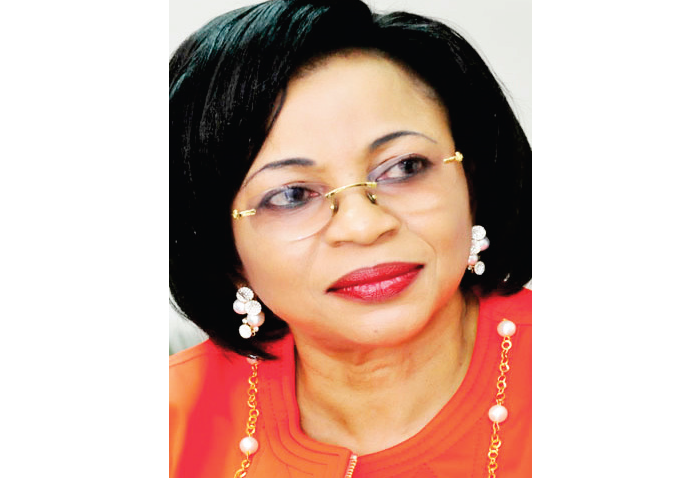The 85 per cent tax on onshore crude oil production in Nigeria is a major impediment to indigenous investors, founder of Famfa Oil Limited, Folorunso Alakija, has said. This challenge, the Nigeria’s richest woman said in an interview with Reuters, is dissuading local investors from taking over assets from international oil companies.
“The 85 per cent that those who are onshore are having to pay is going to be too high for indigenous companies to be able to stand on their own two feet,” said Alakija, who has a fortune of $1.8 billion, according to an estimate by Forbes magazine. Famfa’s 60 per cent stake in Agbami, an offshore field with an output of about 250,000 barrels a day, is the main source of her wealth. Her view was corroborated by head of energy research at Ecobank Transnational Inc., Dolapo Oni. Only local companies producing for more than eight years are, according to Oni, are paying 85 per cent tax.
A “major reason” many international producers have protested one of the latest versions of the bill is that it raised the offshore tax to 85 per cent, Oni said.
“Nigerian companies who acquire onshore fields can apply for pioneer status, which means they don’t pay taxes for the first three years and even when they start paying taxes, they start at 65 per cent for the first five years,” he said on the telephone. “The issue is that we don’t know what the PIB looks like now.’ Famfa, the company founded by Alakija, was among dozens of Nigerian companies granted oil licenses in the early 1990s.













































